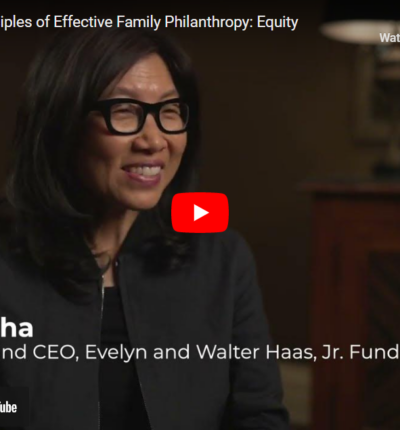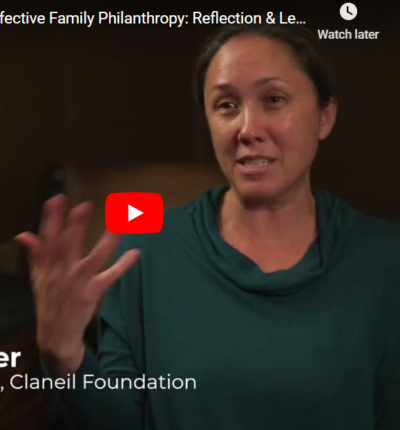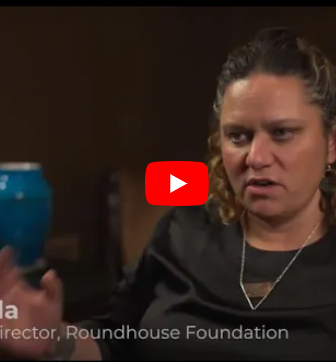Who decides the measures of success, and what are the conditions that promote meaningful and enduring progress? What does it mean to be effective not just as funders, but as family philanthropies?
In partnership with Open Impact, NCFP has been exploring these questions and is pleased to release our new guide to help you in your practice.
The NCFP Guide for Effective Family Philanthropy
Ultimately, effective family philanthropy is rooted in cultural evolution and advances meaningful outcomes by embodying four core principles: accountability, equity, reflection and learning, and relationships. Our new guide defines effective family philanthropy and explores these four principles. It is intended to be a catalyst for reflection, intention, and a commitment to action from the family philanthropy field. Access the guide below.
Effective Family Philanthropy: In Video
Choosing Effectiveness
Read NCFP President and CEO Nick Tedesco's perspective on effective family philanthropy
Effective Family Philanthropy In Practice
Related Resources
We’re here to equip you with the tools you need to make a meaningful impact. Contact NCFP for support.
Keep up with trends in family philanthropy. Subscribe to our newsletter.
Gain access to personalized support and a network of peers. Join our community!





















